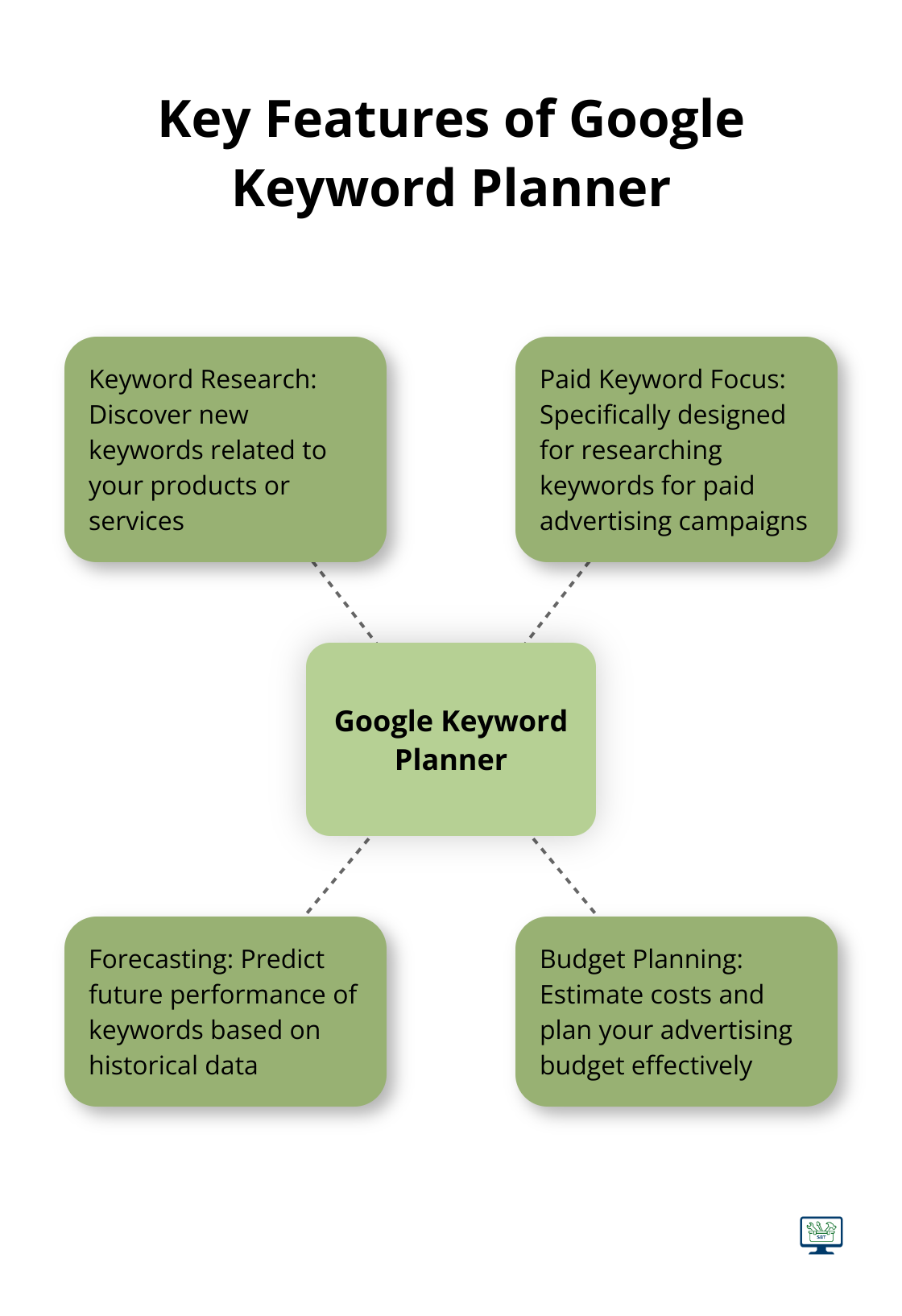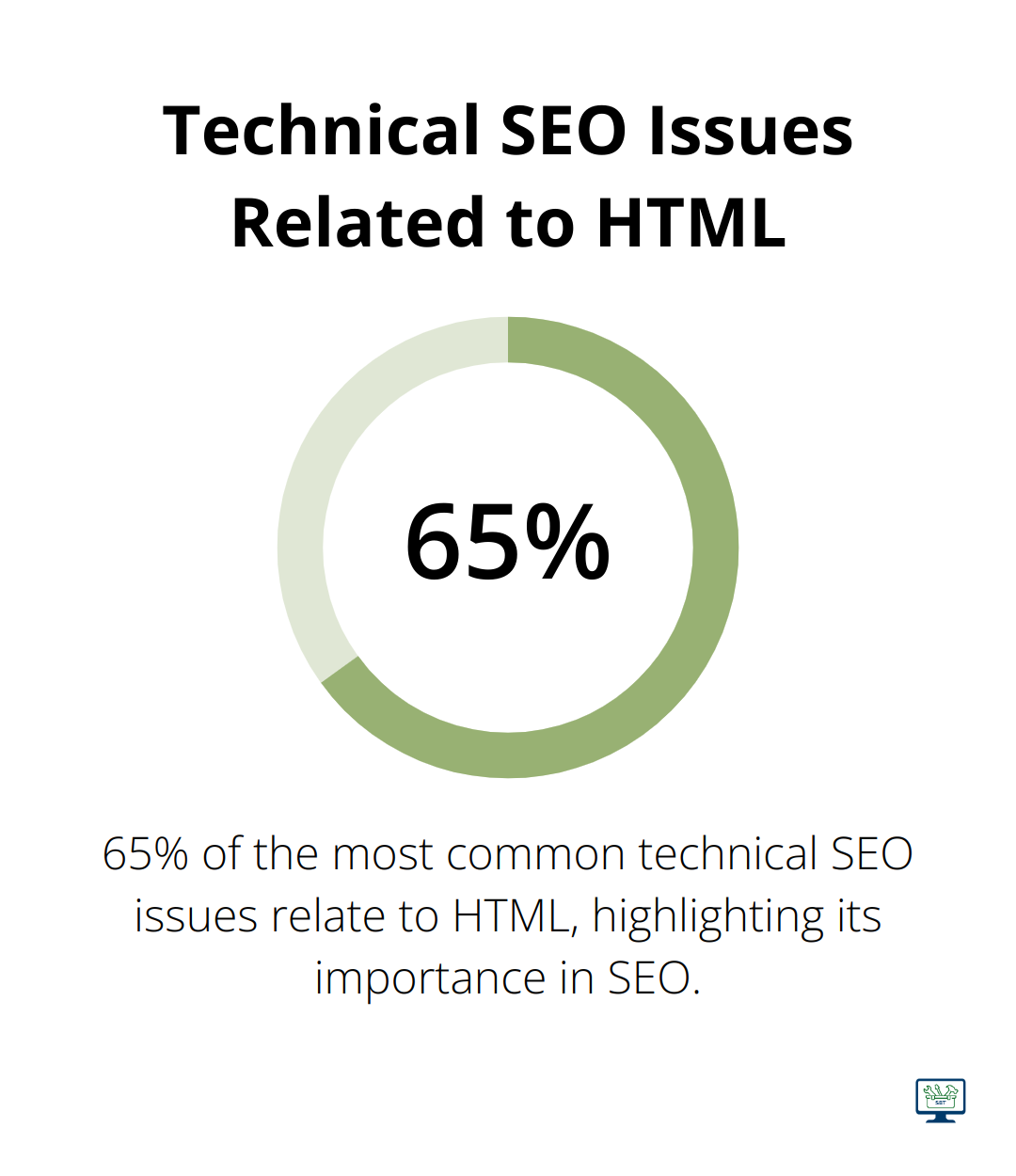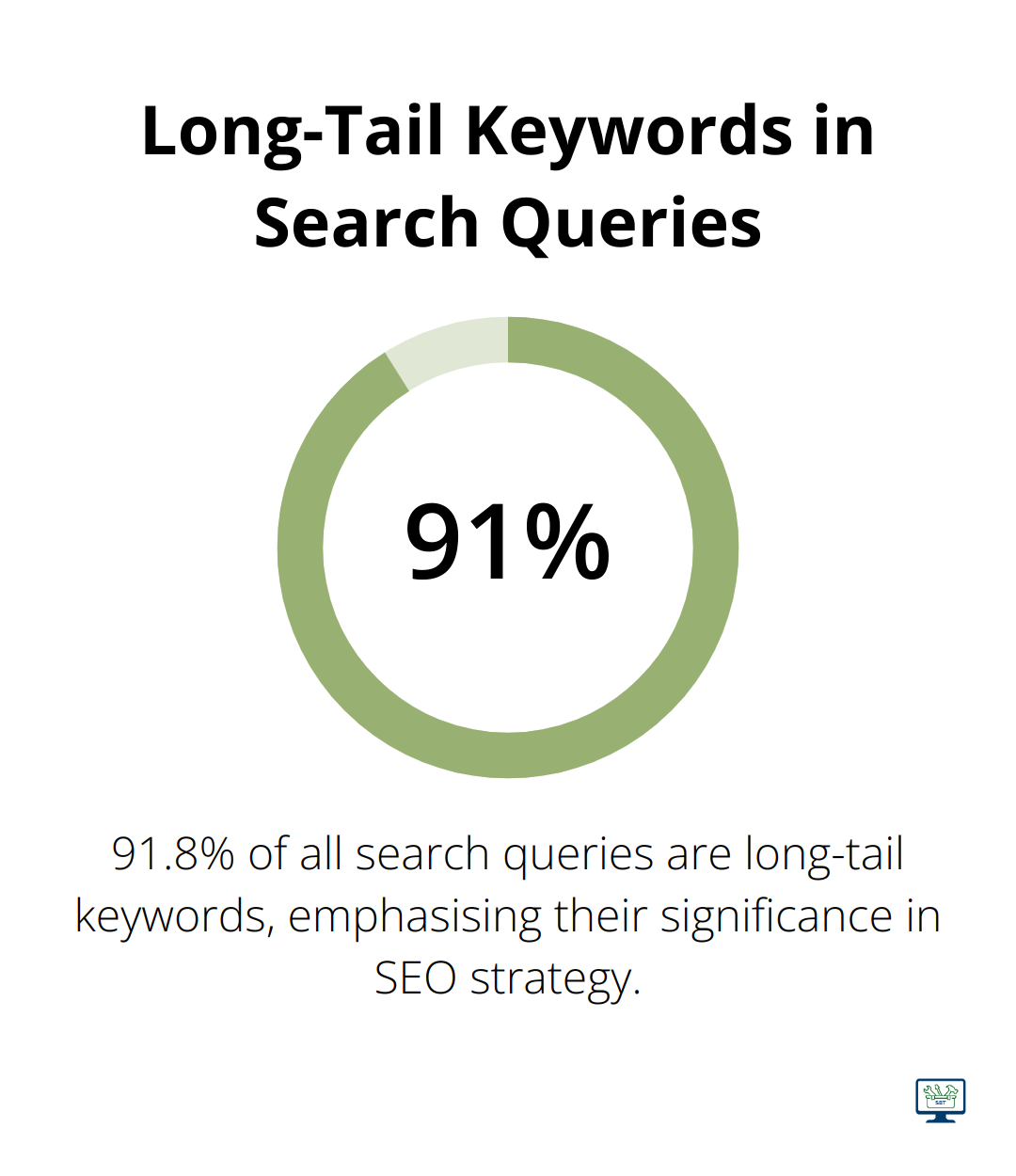How to Become a Search Engine Optimization Expert?

Published On Aug 27,2025
Becoming a search engine optimisation expert is a journey that requires dedication and continuous learning. At WebsiteStrategies, we’ve seen firsthand how mastering SEO can transform businesses and boost online visibility.
This guide will walk you through the essential steps to develop your SEO expertise, from understanding the fundamentals to mastering technical skills and content creation. Whether you’re a small business owner or aspiring digital marketer, these insights will help you navigate the complex world of search engine optimisation.
What Are the SEO Basics?
How Search Engines Work
Search engines like Google use complex algorithms to crawl, index, and rank web pages. These algorithms consider hundreds of factors to determine which pages are most relevant to a user’s search query. Understanding this process helps you align your website with search engine requirements.
Keywords and Their Importance
Keywords form the foundation of SEO. They represent the terms and phrases that users type into search engines. Identifying and targeting the right keywords can significantly boost your website’s visibility. Google Keyword Planner is one of the best free keyword research tools, offering features for researching paid keywords, forecasting, and budget planning.

The Power of Quality Backlinks
Backlinks (inbound links from other websites to yours) are a key ranking factor. They act as votes of confidence for your content. However, quality and relevance matter more than quantity. Link building strategies for 2025 focus on quality, relevance, and local impact for Australian small businesses.
On-Page Optimisation Techniques
On-page SEO involves optimising individual web pages to rank higher and earn more relevant traffic. This includes optimising title tags, meta descriptions, header tags, and content. Incorporate your target keywords naturally into these elements.
Google’s Ranking Factors and Updates
Google’s algorithm constantly evolves. Stay informed about major updates as they often shift the focus of SEO strategies. For instance, the Product Reviews Update announced in February 2023 is set to impact SEO and website content, particularly for product-related pages.
Mastering these fundamentals builds a solid foundation for your SEO journey. SEO requires ongoing learning and adaptation. As you explore each of these areas further, you’ll develop the skills needed to become a true SEO expert. Now, let’s move on to the technical aspects of SEO that will take your expertise to new heights.
How Can You Master Technical SEO Skills?
Technical SEO forms the backbone of a website’s search engine performance. Mastering these skills can dramatically improve a site’s visibility and user experience.
Master Web Development Basics
Understanding HTML, CSS, and JavaScript is essential for technical SEO. These languages allow you to manipulate your website’s structure, appearance, and functionality. Proper use of HTML tags like <title>, <h1>, and <meta> can significantly impact your site’s search engine rankings.
A study by SEMrush found that 65% of the most common technical SEO issues relate to HTML. Learning these languages enables you to identify and fix these issues quickly, giving you an edge in the competitive Australian market.

Conduct Comprehensive Website Audits
Regular website audits are vital for maintaining and improving your site’s SEO performance. These audits help ensure that your SEO strategy stays up-to-date with the latest search engine algorithms and trends.
Tools like Screaming Frog SEO Spider can crawl your entire website, providing a detailed report of technical issues. A recent survey by Ahrefs revealed that websites conducting regular technical audits see an average increase of 37% in organic traffic within six months.
Optimise Site Architecture and Crawlability
A well-structured website makes it easier for search engines to crawl and index your content. This involves creating a logical hierarchy of pages, using internal linking effectively, and ensuring all important pages are accessible within a few clicks from the homepage.
Research by Moz shows that pages closer to the homepage (in terms of clicks) typically rank higher in search results. Try to use a flat site structure, where no page is more than three clicks away from the homepage.
Flat architecture not only improves crawl depth but also enhances the overall user journey, keeping both Google and your visitors happy.
Implementing an XML sitemap and a robots.txt file are also important steps. These files guide search engine bots through your site, ensuring all important pages are discovered and indexed.
Stay Updated with Search Engine Algorithm Changes
Search engines constantly update their algorithms. Staying informed about these changes (and adapting your strategies accordingly) is a key part of technical SEO mastery. Subscribe to reputable SEO blogs and forums to keep abreast of the latest developments in the field.
Leverage Analytics for Data-Driven Decisions
Proficiency in analytics tools (such as Google Analytics) is a must for any SEO expert. These tools provide valuable insights into user behaviour, traffic sources, and conversion rates. Use this data to refine your SEO strategies and demonstrate the value of your work to clients or stakeholders.
Effective SEO for small businesses can boost visibility, attract customers, and grow your brand with actionable SEO tips and strategies.
As you continue to hone your technical SEO skills, you’ll be well-prepared to tackle complex SEO challenges and drive significant improvements in website search performance. The next chapter will explore how to create compelling, SEO-friendly content that engages users and ranks well in search results.
How to Create Engaging SEO-Friendly Content
Master Keyword Research
Effective keyword research forms the foundation of SEO-friendly content. Tools like Ahrefs and SEMrush offer comprehensive keyword data, including search volume, difficulty, and related terms. Focus on long-tail keywords relevant to your niche, as they often have lower competition and higher conversion rates.
A study by Backlinko found that 91.8% of all search queries are long-tail keywords. For Australian small businesses, targeting location-specific long-tail keywords can yield impressive results. For example, “best coffee shop Sunshine Coast” is more targeted than just “coffee shop”.

Craft Compelling Content
Once you’ve identified your target keywords, create content that resonates with both search engines and users. Here are some practical tips:
- Use your primary keyword in the title, first paragraph, and throughout the content naturally.
- Structure your content with clear headings (H2, H3) that include relevant keywords.
- Add multimedia elements like images, videos, and infographics to boost engagement.
- Write in a conversational tone that speaks directly to your Australian audience.
- Include internal links to other relevant pages on your site.
Optimise for User Experience
User experience (UX) plays a critical role in both SEO and user engagement. Google’s Core Web Vitals update in 2021 made these factors even more important for rankings.
To improve UX:
- Make your site mobile-friendly. Mobile devices account for over 55% of web traffic in Australia.
- Use clear, easy-to-read fonts and maintain good contrast.
- Implement intuitive navigation and clear calls-to-action.
Enhance Site Speed
Site speed significantly impacts both SEO and user engagement. Try these techniques to improve your site’s loading time:
- Compress images and use next-gen formats like WebP.
- Minimise HTTP requests by combining files where possible.
- Use a content delivery network (CDN) to serve assets faster.
Monitor and Update Regularly
SEO requires ongoing attention. Regularly update your content, monitor its performance, and adjust your strategy based on data. Focus on creating valuable, optimised content and providing an excellent user experience to achieve SEO success.
Final Thoughts
Becoming a search engine optimisation expert demands dedication and continuous learning. The field evolves rapidly, with search engines frequently updating their algorithms. Industry blogs, webinars, and SEO forums provide valuable resources to stay informed about the latest trends and best practices.
Practical experience plays a crucial role in developing SEO skills. You can start by optimising your own website or offering services to local businesses. This hands-on approach allows you to apply your knowledge, tackle real-world challenges, and build a portfolio of successful projects.
SEO expertise goes beyond technical knowledge; it requires understanding user behaviour and creating value for your audience. Small business owners in Australia can improve their online presence by partnering with experienced professionals. WebsiteStrategies offers tailored SEO consultancy and training to help Australian SMEs enhance their digital marketing efforts.
